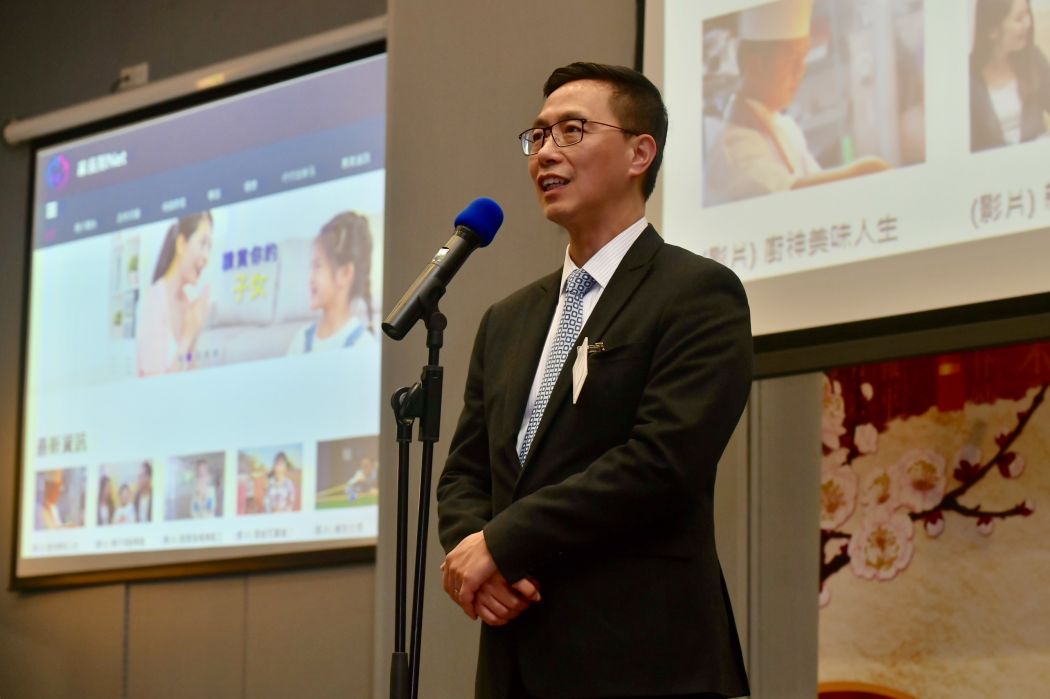Groups have urged the government to clarify the mechanism adopted for reviewing textbooks after its criticism of certain phrasings in these books sparked fears of censorship.
Broadcaster i-Cable found last week that a textbook review group at the Education Bureau had criticised phrases in textbooks, saying that they used inappropriate wording or unclear concepts.

The phrases found to be problematic included: “Hong Kong is located south of China,” “the Chinese Communist Party’s one-party rule” and “China insisted on taking back Hong Kong’s sovereignty.”
Secretary for Education Kevin Yeung said in response last week that China has always had sovereignty over Hong Kong, thus school textbooks should not describe the handover as a taking back of sovereignty. He also said that the phrase “Hong Kong is located south of China” does not clarify whether the city is within or outside of China’s borders.
Demosisto said on Saturday that a Hong Kong general studies textbook was found to have been changed so that the 2017 edition no longer states that the media monitors the government or exposes problems in society, as it did in the 2013 textbook.
The pro-democracy party said the incident shows that political censorship was not limited to one instance, and that it could involve more than one publisher as well as other textbooks across primary and secondary levels.
It also demanded that the names of members on the textbook review group – as well as the group’s review mechanism – be made public, and for the government to stop editing textbooks based on “biased political ideology.”

The Hong Kong Professional Teachers’ Union said in a statement that asking publishers to adopt an “official” stance damages the teaching profession and may violate textbook guidelines that call for different viewpoints and perspectives when discussing history.
The professional body said it believes history curriculum should clearly delineate fact from fiction and respect historical developments. Teaching materials should not lead students to a specific stance, it added.
It also urged the Education Bureau to clarify its standards and mechanism for reviewing textbooks, and tell the public whether it has recommended that publishers adopt various stances while putting together the syllabus for contemporary Chinese history.
